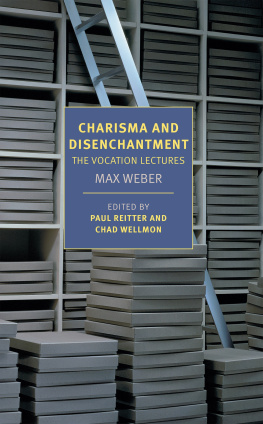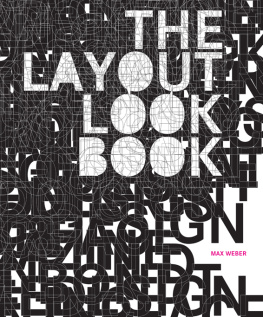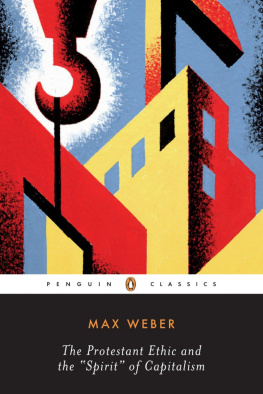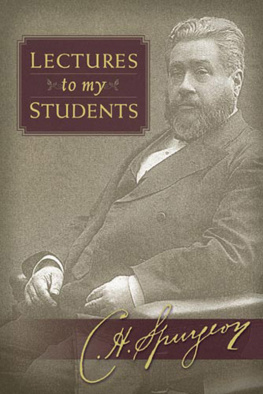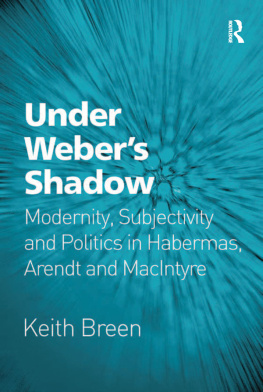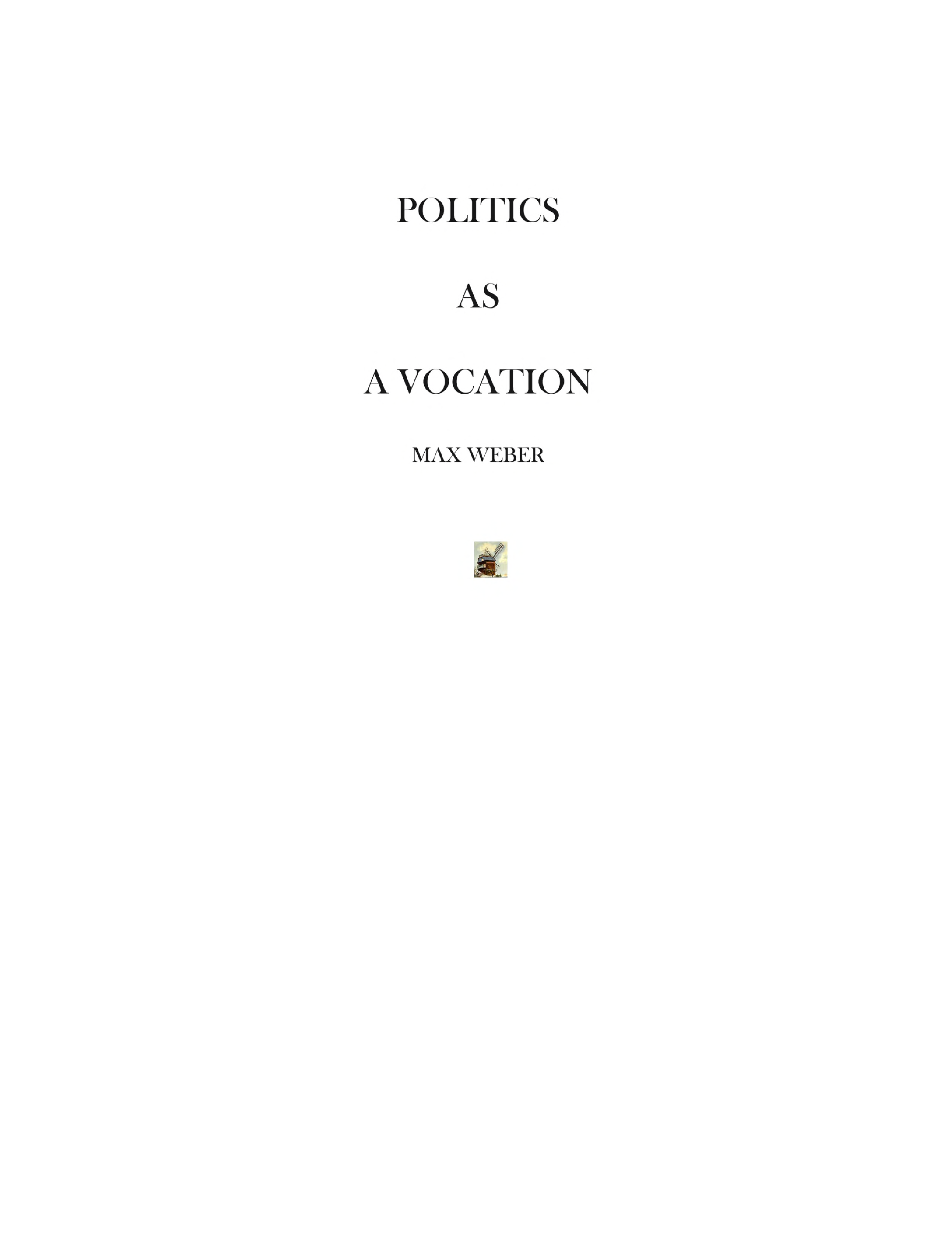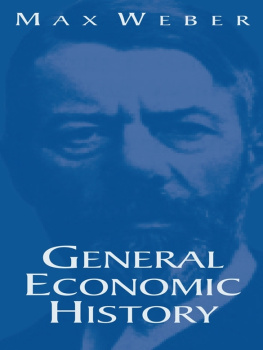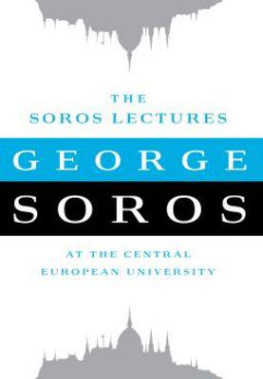
MAX WEBER (18641920) was born in Erfurt, near Weimar, Germany, the eldest of seven siblings. His father was a civil servant who played an active role in politics. Weber studied philosophy and history at the University of Heidelberg, completed a dissertation on medieval commercial law at the University of Berlin, and rose quickly through the academic ranks, becoming a full professor of economics at the University of Freiburg in 1894. At the same time, his relations with his father grew increasingly contentious, and when, in 1897, after quarreling with his son, his father died, Weber developed a severe nervous condition that led him to abandon academia. Supported by the inheritance of his wife, Marianne Schnitger, he continued to pursue a career as an independent scholar, and, in 1903, the publication of The Protestant Ethic and the Spirit of Capitalism made him widely known as a bold and controversial analyst of the nature of modern society. Weber was initially an enthusiastic supporter of Germanys aims in World War I, but his views changed as the war dragged on, and after the German defeat he helped to found the liberal German Democratic Party, stood (unsuccessfully) for a seat in parliament, and served as an adviser to the committee that drafted the constitution of the Weimar Republic. Economy and Society, his magnum opus, appeared shortly after his unexpected death from the Spanish flu.
DAMION SEARLS is the author of The Philosophy of Translation, forthcoming in 2020. He has previously collaborated with Paul Reitter and Chad Wellmon on Friedrich Nietzsches Anti-Education and has translated some forty books, including, for NYRB Classics, works by Patrick Modiano, Uwe Johnson, Alfred Dblin, Nescio, and Robert Walser.
PAUL REITTER teaches in the German department at the Ohio State University. He is the co-editor, along with Chad Wellmon, of Anti-Education: On the Future of Our Educational Institutions by Friedrich Nietzsche, which was published by NYRB Classics in 2015.
CHAD WELLMON is the author of Becoming Human: RomanticAnthropology and the Embodiment of Freedom, Organizing Enlightenment: Information Overload and the Invention of the Modern Research University, and the forthcoming Permanent Crisis: The Humanities in a Disenchanted Age. He is on the faculty of the University of Virginia.
INTRODUCTION
I N THE summer of 1917, a group of university students in Munich invited Max Weber to launch a lecture series on intellectual work as a vocation with a talk on the work of the scholar. He was, in a way, an odd choice. Fifty-three at the time, Weber hadnt held an academic job in almost two decades. His career had begun promisingly, but in 1899 Weber suffered a nervous breakdown and gave up his position as a professor of economics at the University of Heidelberg. Supported by the inheritance of his wife, Marianne, he had spent years going from clinic to clinic in search of relief, while continuing to work on two of his lifelong intereststhe individual and collective meaning of religion, and universal forms of rationalizationand contribute articles to scholarly journals and essays and opinion pieces to the press. Yet after a public career of close to twenty years, his last major publication was The Protestant Ethic and the Spirit of Capitalism, which had originally appeared as two separate essays in 1904 and 1905.
But it was understandable why the students in Munich were drawn to Weber. They belonged to the Bavarian chapter of the Free Student Alliance, an organization devoted to championing the lofty ideals of the German research universitythe pursuit of knowledge for its own sake; Bildung, or moral education; academic freedomat a time when those ideals appeared to be imperiled by disciplinary specialization, state intervention, the influence of industrial capitalism, and now a world war. Writing over the years as a kind of insider outsider, Weber had distinguished himself as an extraordinarily erudite and forceful defender of an ideal university that in some important ways aligned with the institution that the members of the alliance wished for.
In 1908, for example, Weber had challenged the powerful minister in charge of higher education in Prussia, Friedrich Althoff, accusing him of violating the ideals of academic freedom and merit. The case in question concerned the appointment of the economist Ludwig Bernhard to a full professorship at the University of Berlin, the largest and most prestigious institution of higher learning in Germany. The Ministry of Culture and Education, and in practice Althoff himself, had long exercised final authority over all faculty hires, but it typically consulted closely with faculty members before making an offer. In this case, however, Althoff had, as Weber saw it, simply installed his preferred candidate for reasons that had nothing to do with quality and everything to do with the fact that Bernhards research agenda fit with the states material interests.
Even more to Webers dismay, many academics had supported Althoff. In 1909, Conrad Bornhak, a historian at the University of Berlin, wrote an essay that stressed the importance of hiring university instructors with patriotic viewswho else could be trusted to train young people to serve the state and the church loyally? For conservative academics like Bornhak, there was no tension between patriotism and a stated commitment to the scholarly ideals and virtues of free inquiry. In the tradition of Prussian historians such as Leopold von Ranke and Heinrich von Treitschke, they regarded the German state as an agent of historys underlying purpose. To oppose the state was to oppose reason itself, and to emphasize the states greatness was to stress what was objectively true.
Weber for his part dismissed such thinking as absurd and dangerous. In response to Bornhak, he wrote that cultivating political obedience among university students on behalf of the state was sure to prove catastrophic for German universities and scholarship. Funding and advancing academic studies on such grounds would lead to the castration of academic freedom and stunt the development of a genuine scholarly character. Universities, he suggested sardonically, may have been better off under the churchs influence; at least then they were used to pursue something other than money and power.
What had happened next had only borne out his fears. Weber had initially been a strong supporter of the war. The day after Germany declared war against Russia on August 1, 1914, he was so excited that he reported for duty to the garrison in Heidelberg where, much to his disappointment, he was judged too old and physically unfit for the battlefield. He accepted a position in the military bureaucracy, and sought through his writings to sway Germanys war policy on everything from the occupation of Belgium to the escalation of submarine warfare and voting rights for returning soldiers. Yet by the summer of 1917, he had concluded that the war was essentially lost. The failing that proved to be Germanys undoing was that Germans couldnt think for themselves. The familiar structure of bureaucratic paternalism, he wrote, had habituated Germans to act as objects, not agents. Neither the credentialed experts of Germanys sprawling state bureaucracy nor the literary aesthetes of its cultural elite had shown any capacity to grapple intelligently and creatively with the problems of the day, and German education had helped to cause the situation. Emerging from universities that set out to be sites of real political formation and moral education, academics, intellectuals, and bureaucrats had all been guilty of an unreflective compliance with the state and its institutions and had directly contributed to the disasters that now faced the country and the German people.

